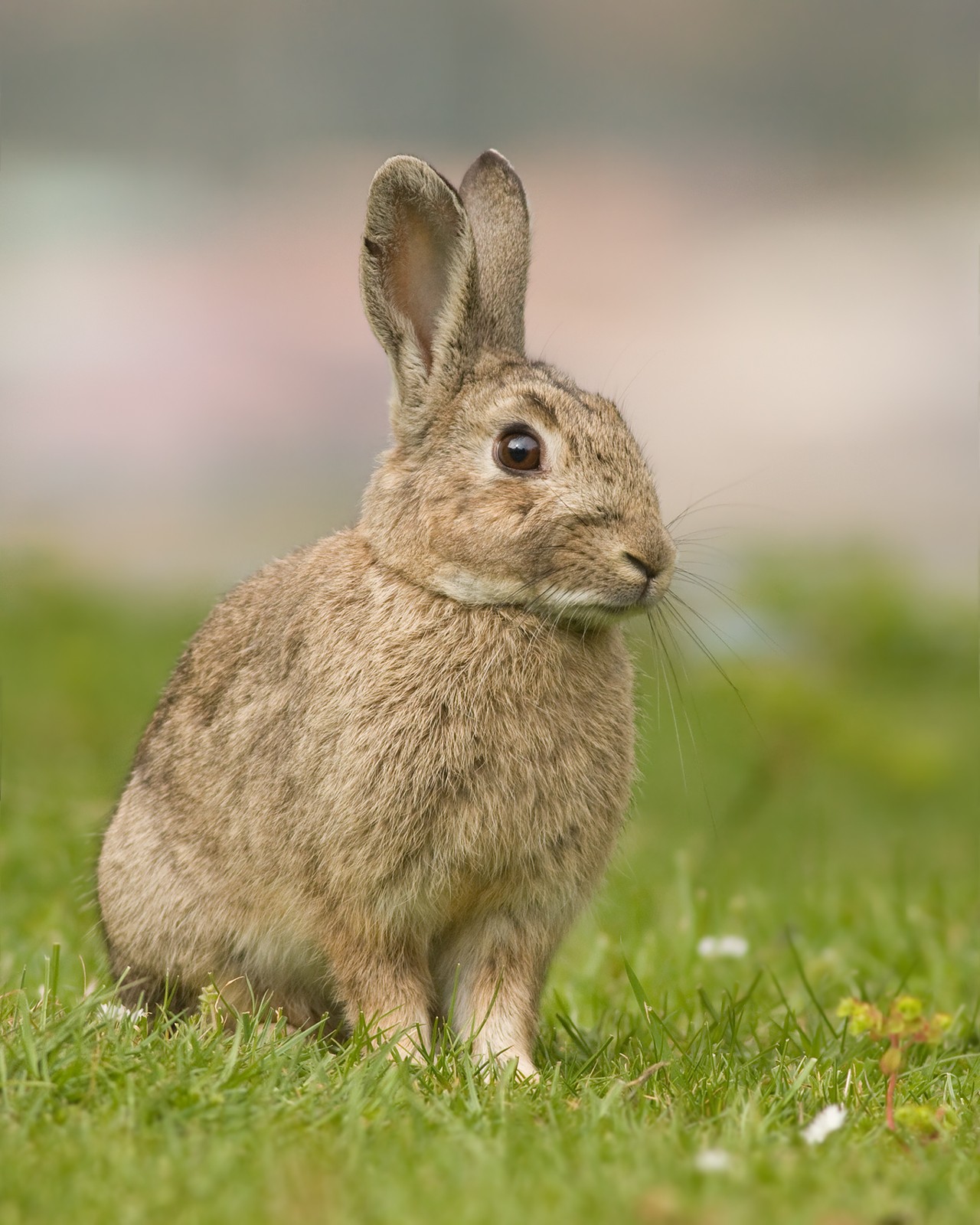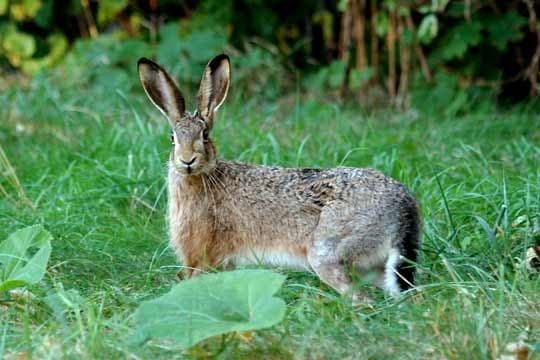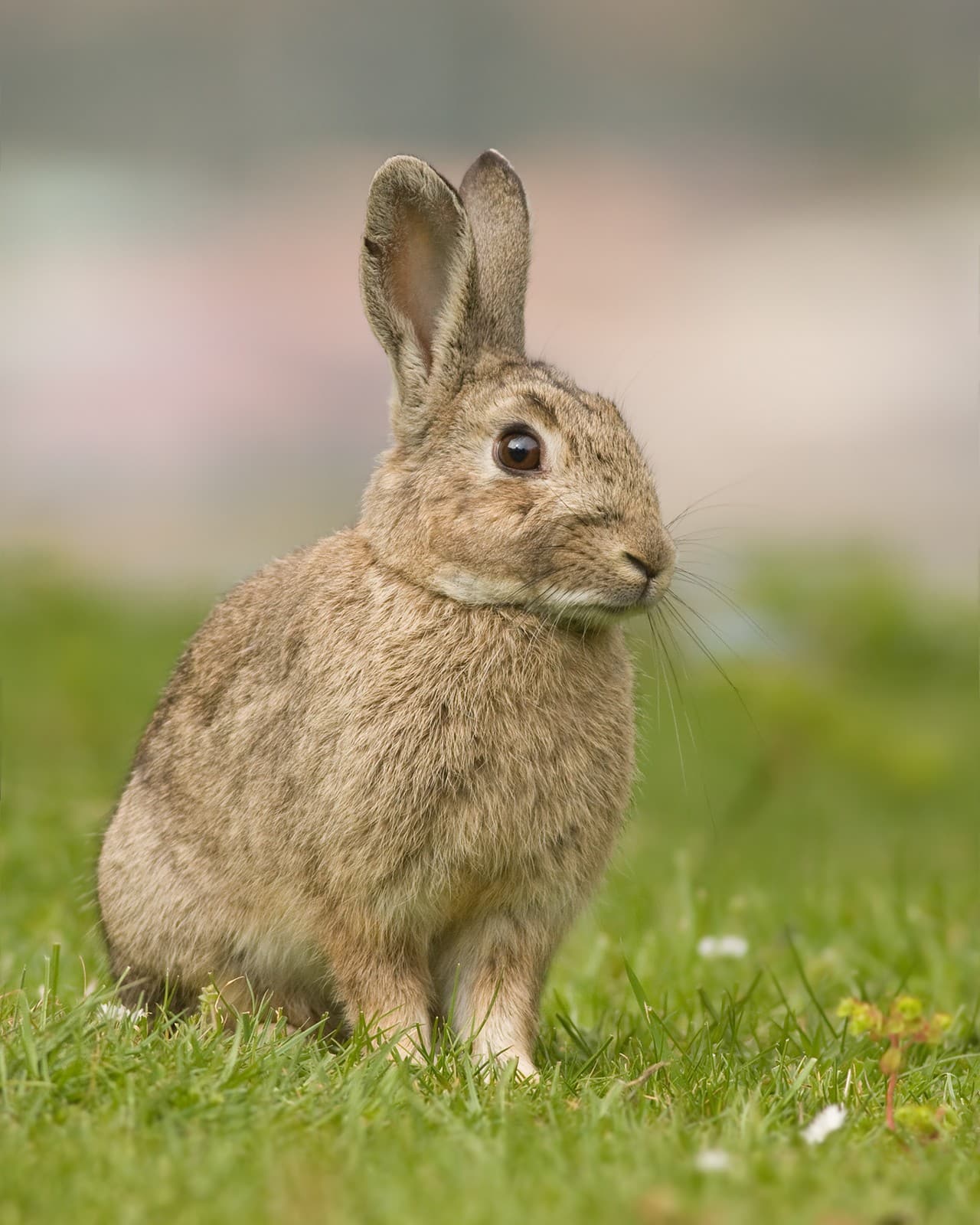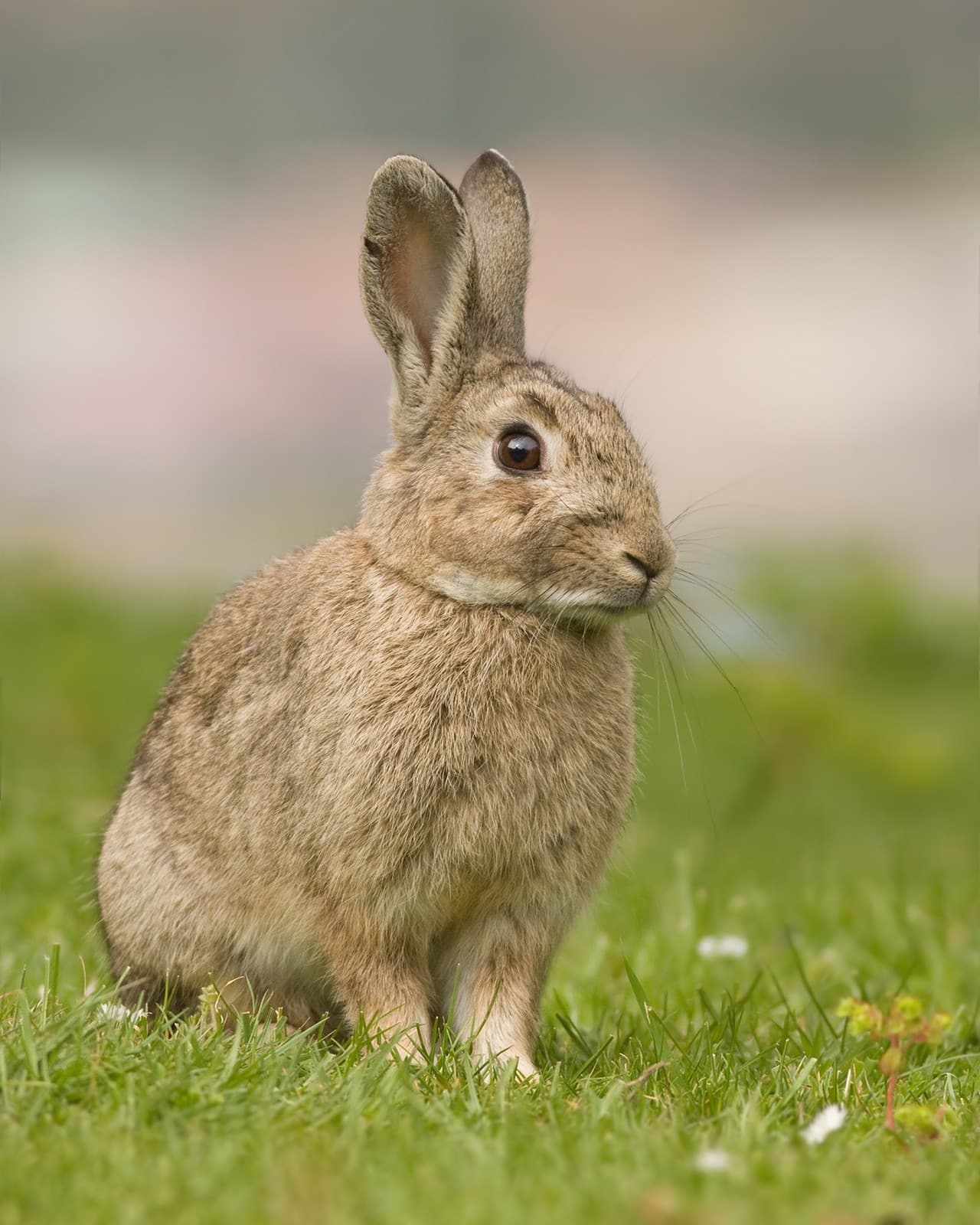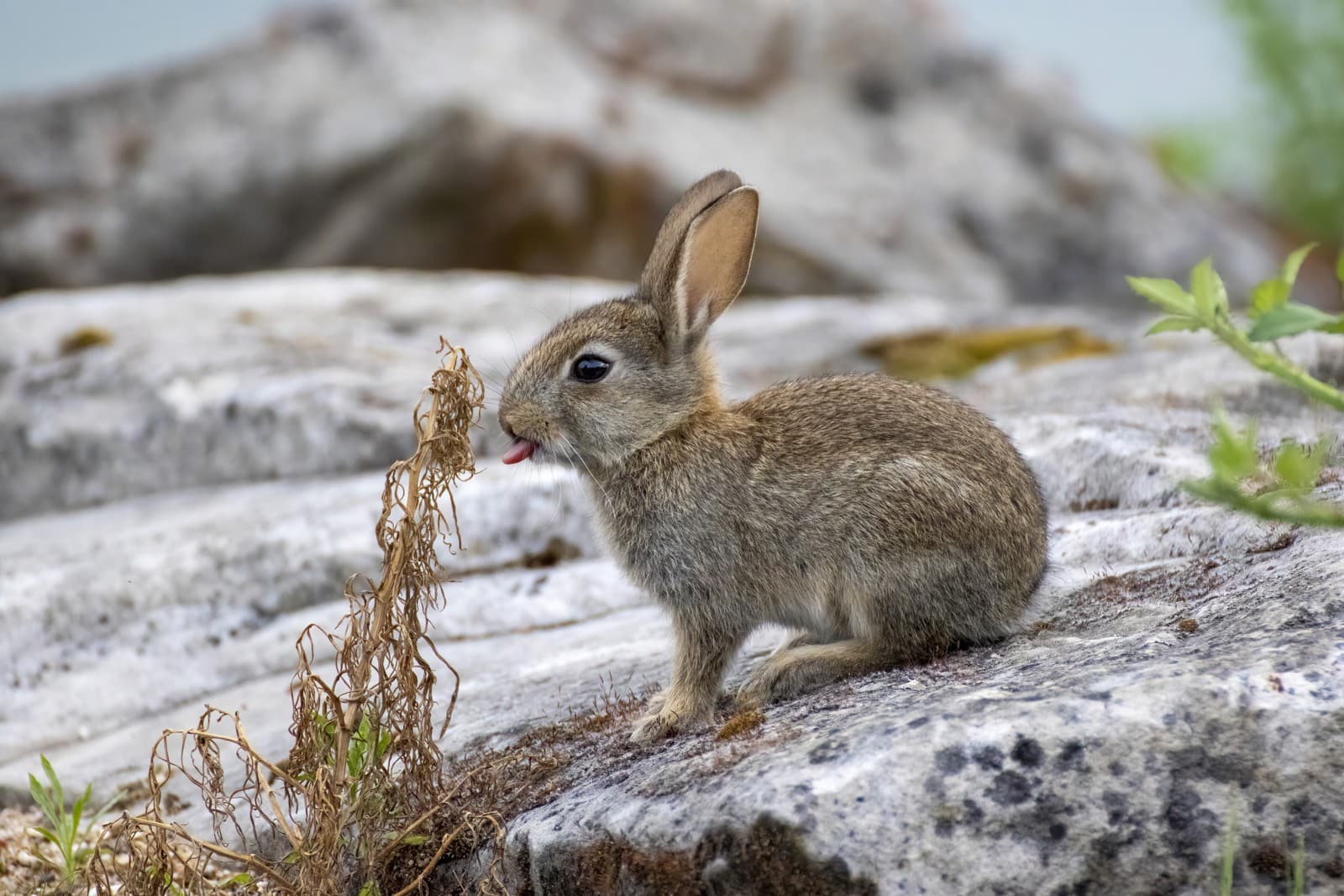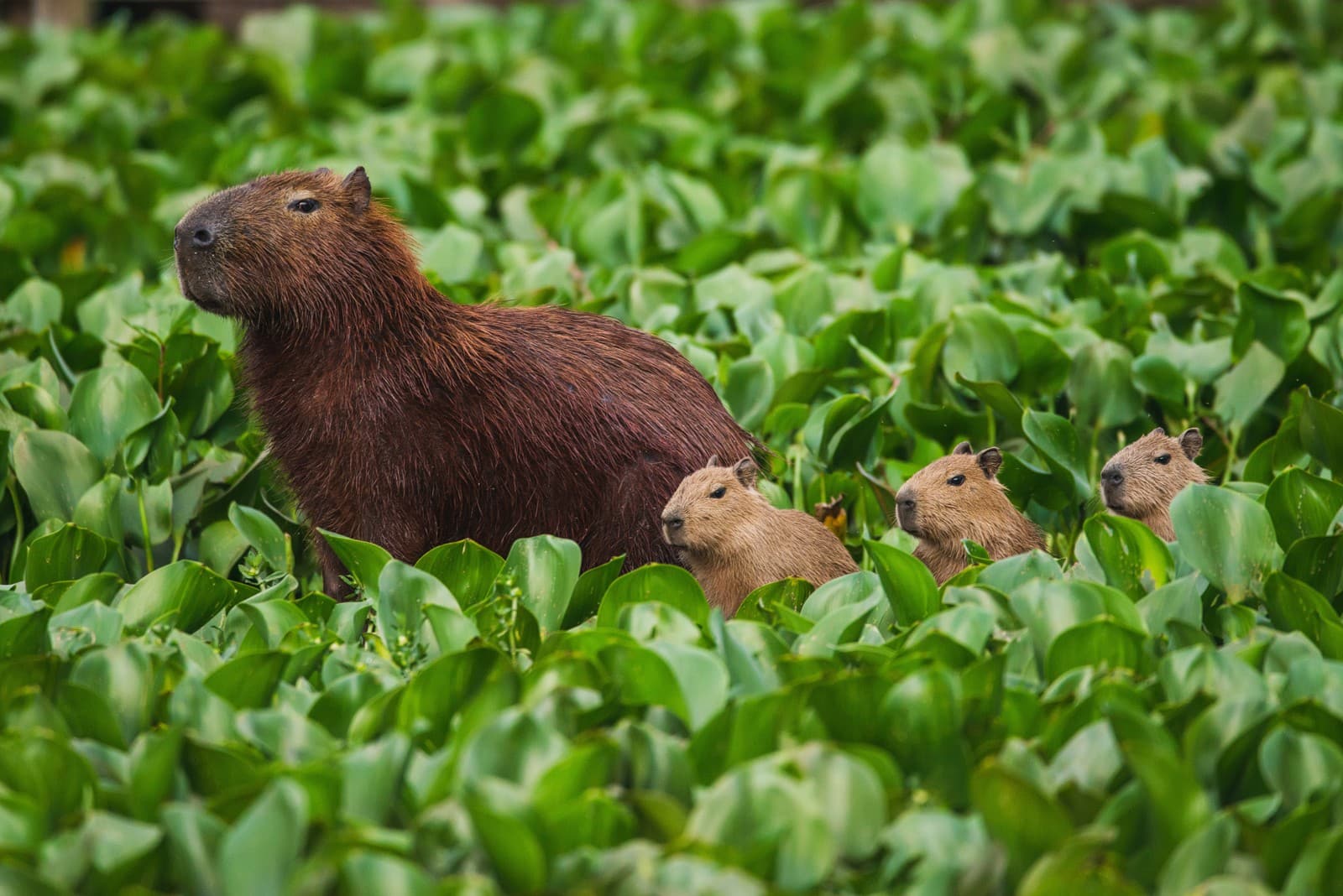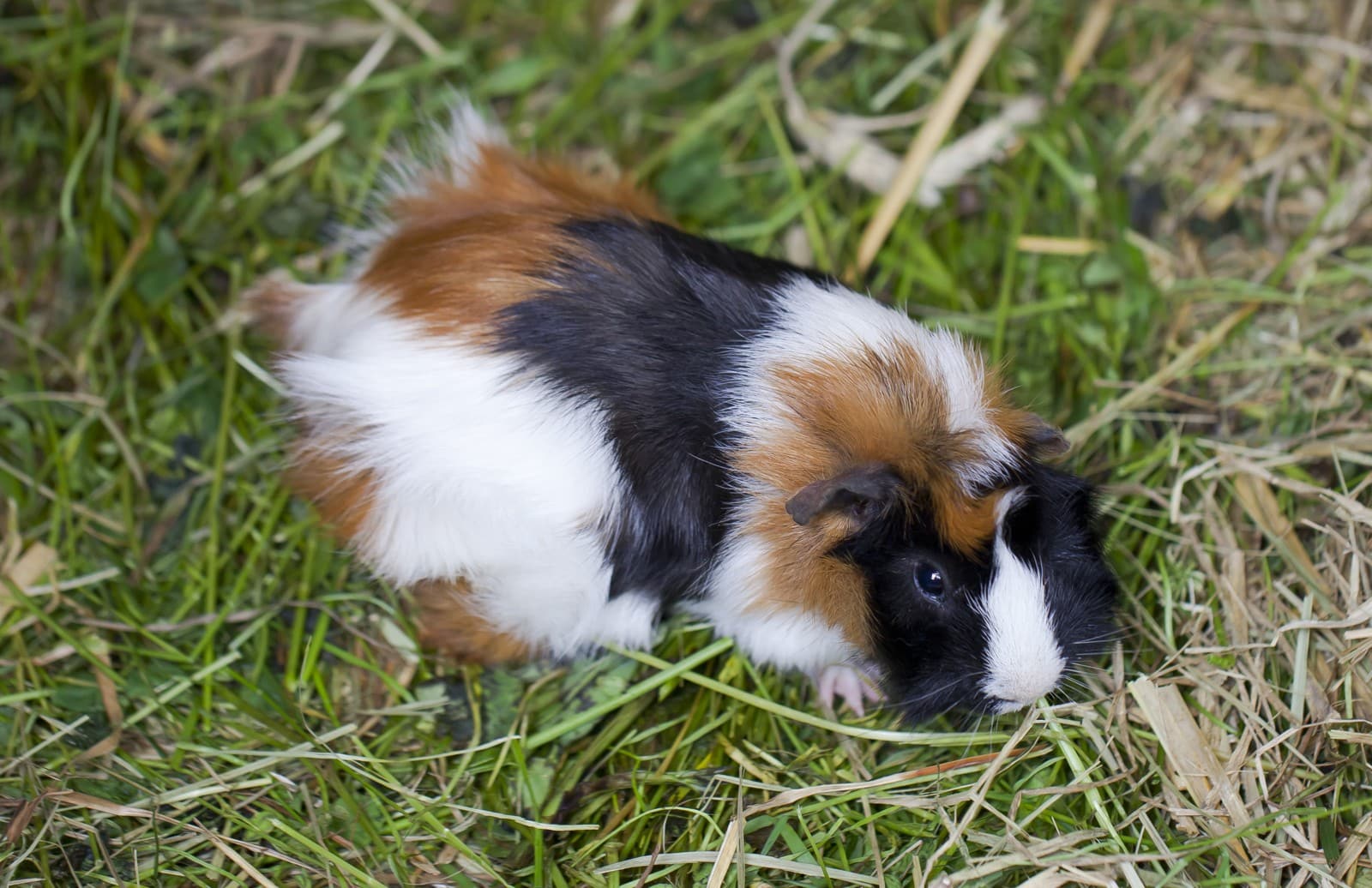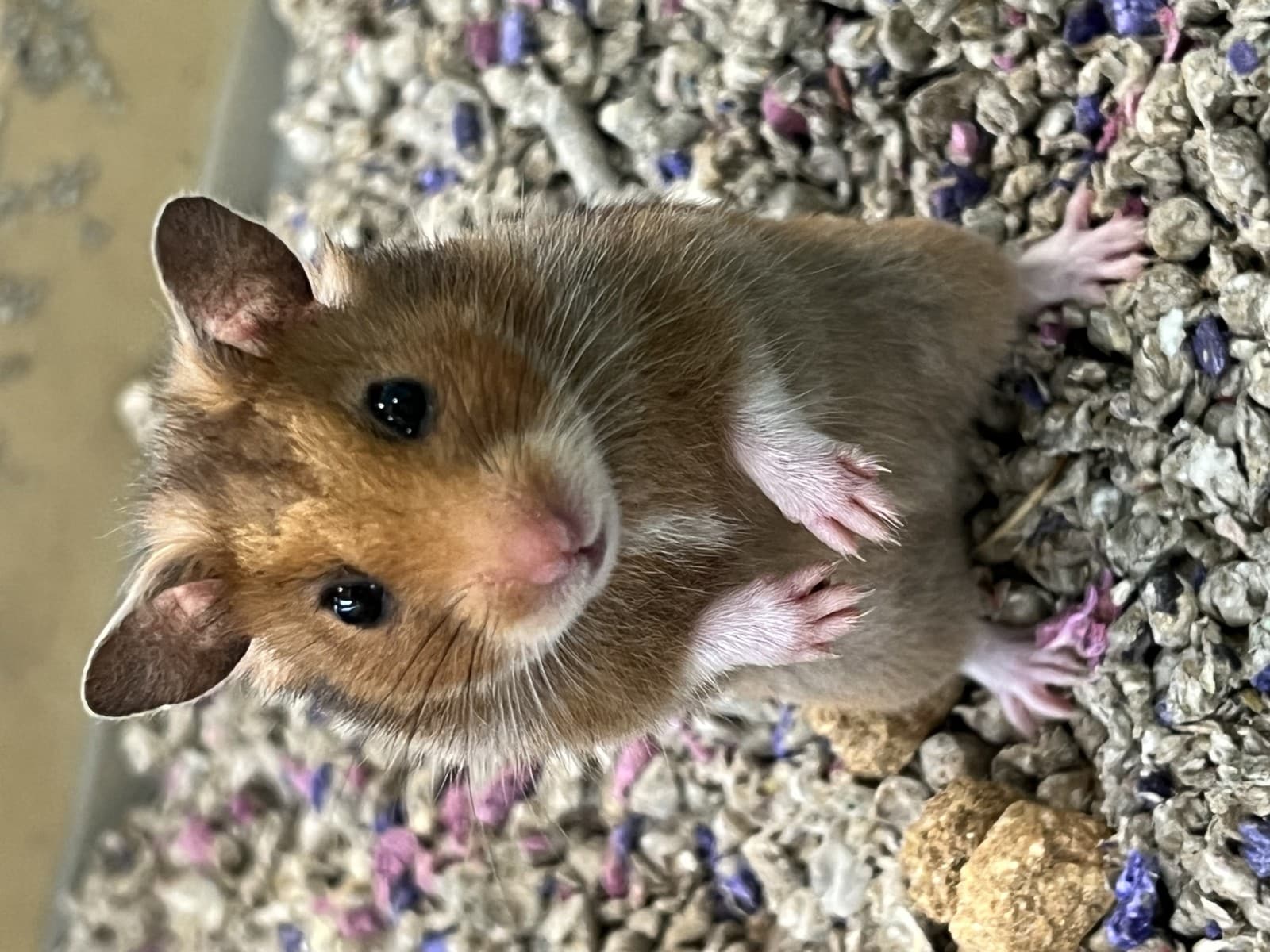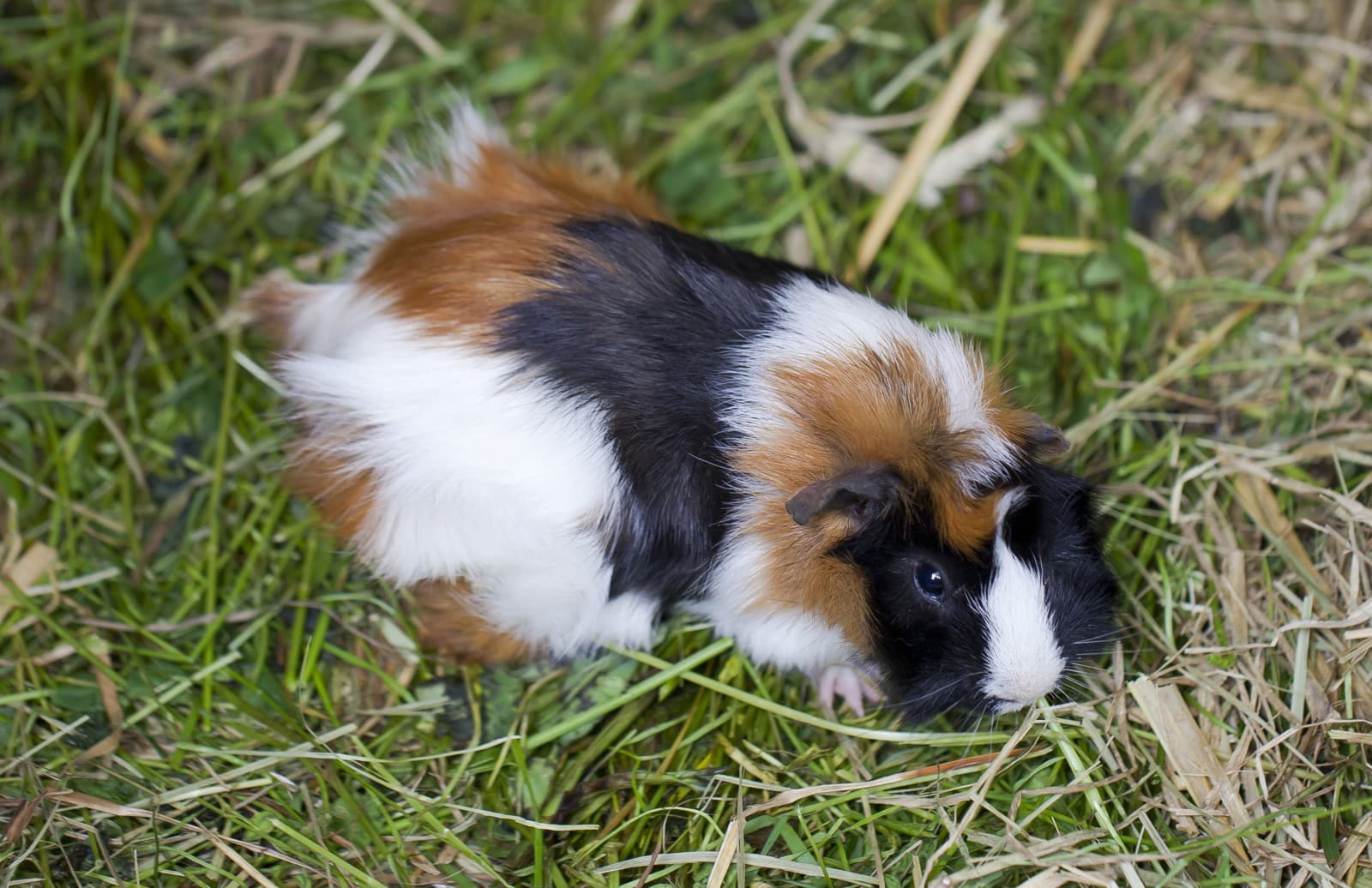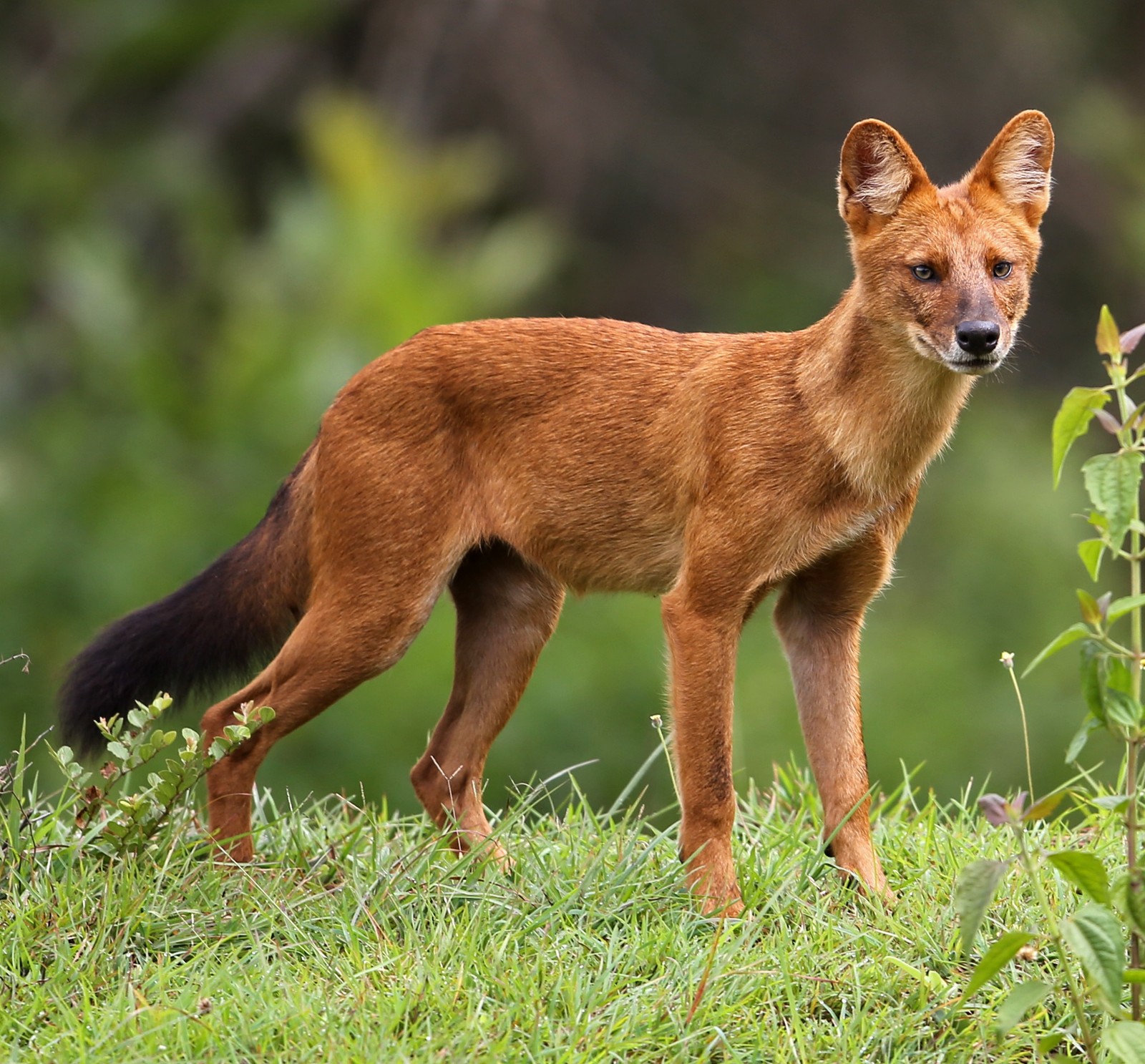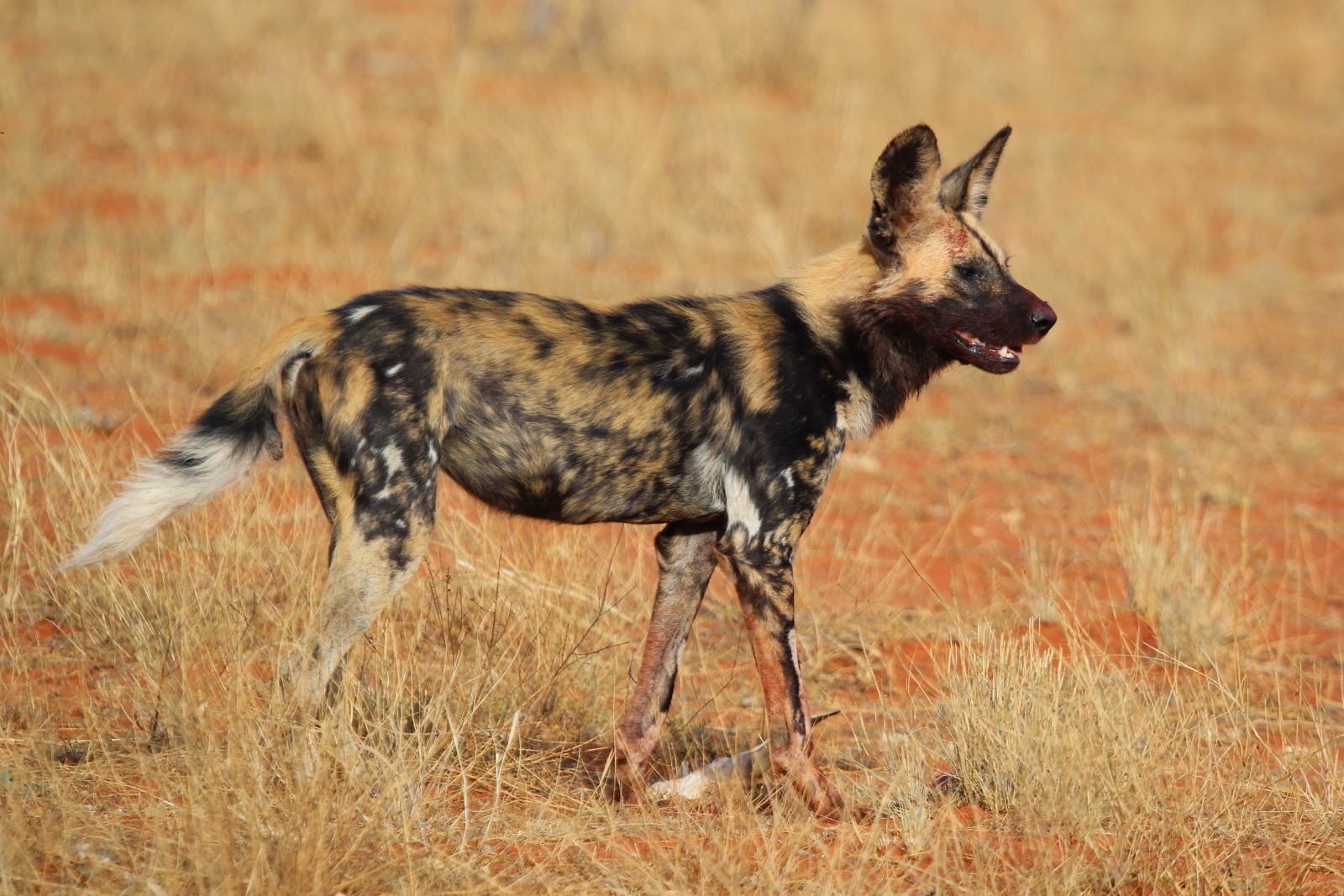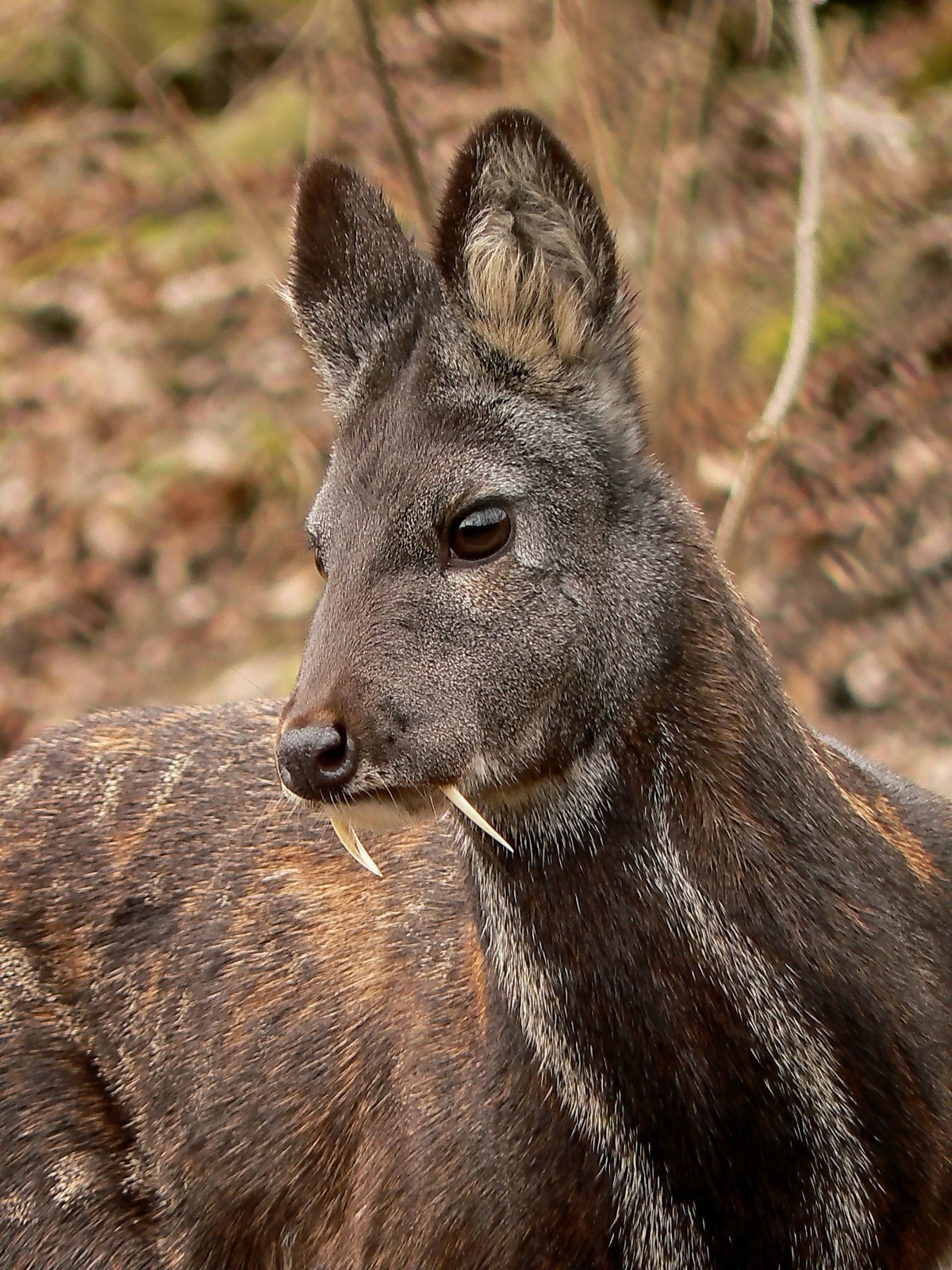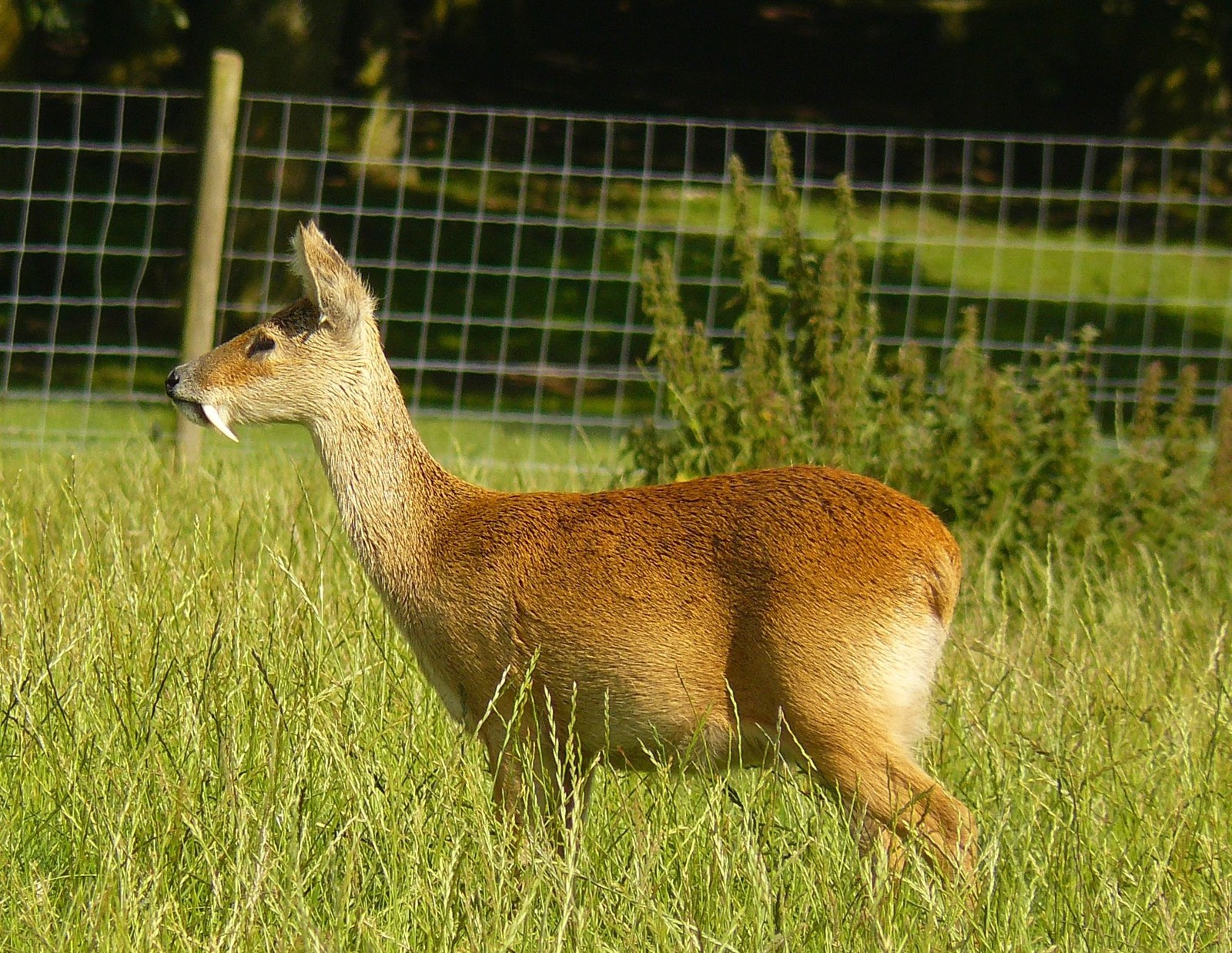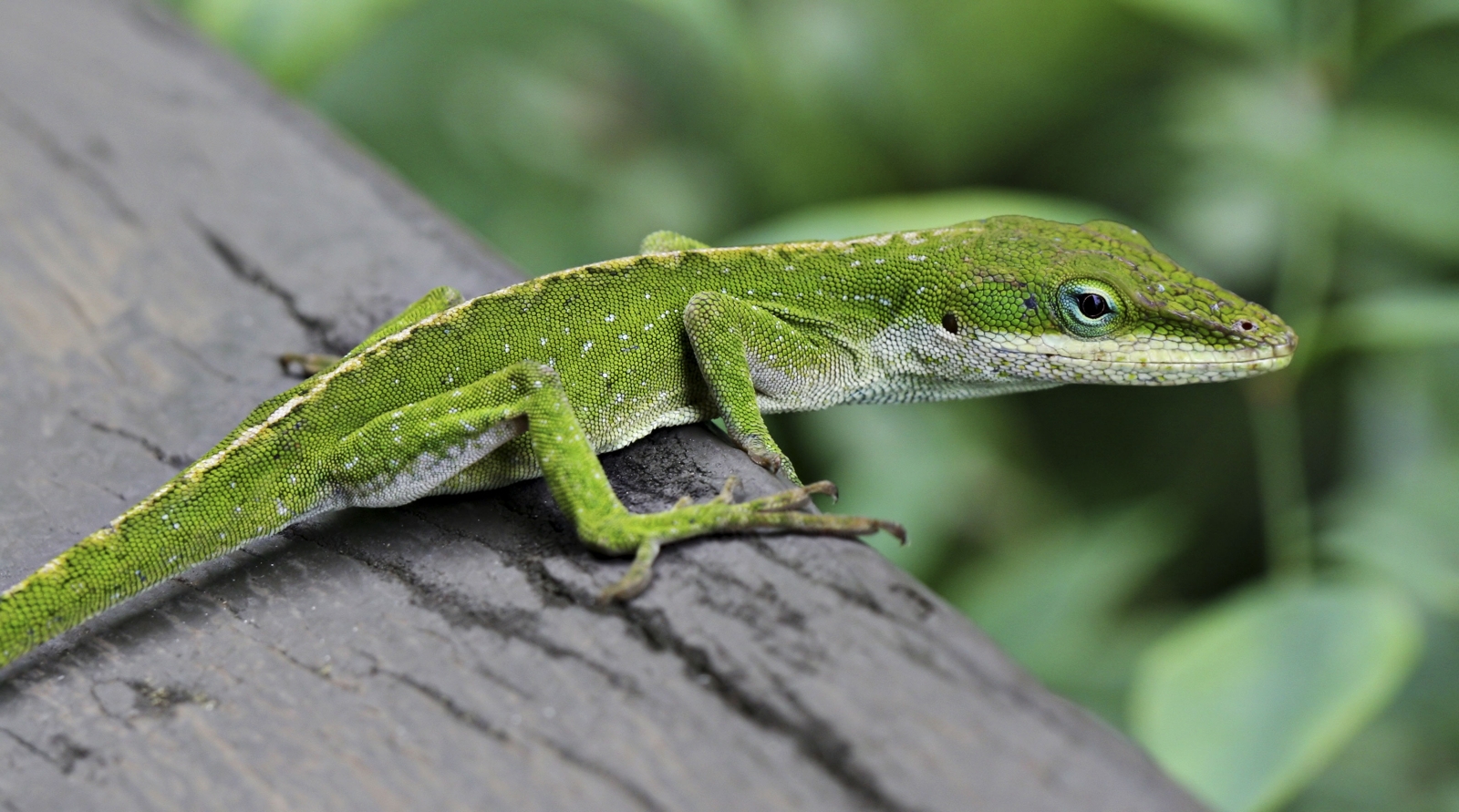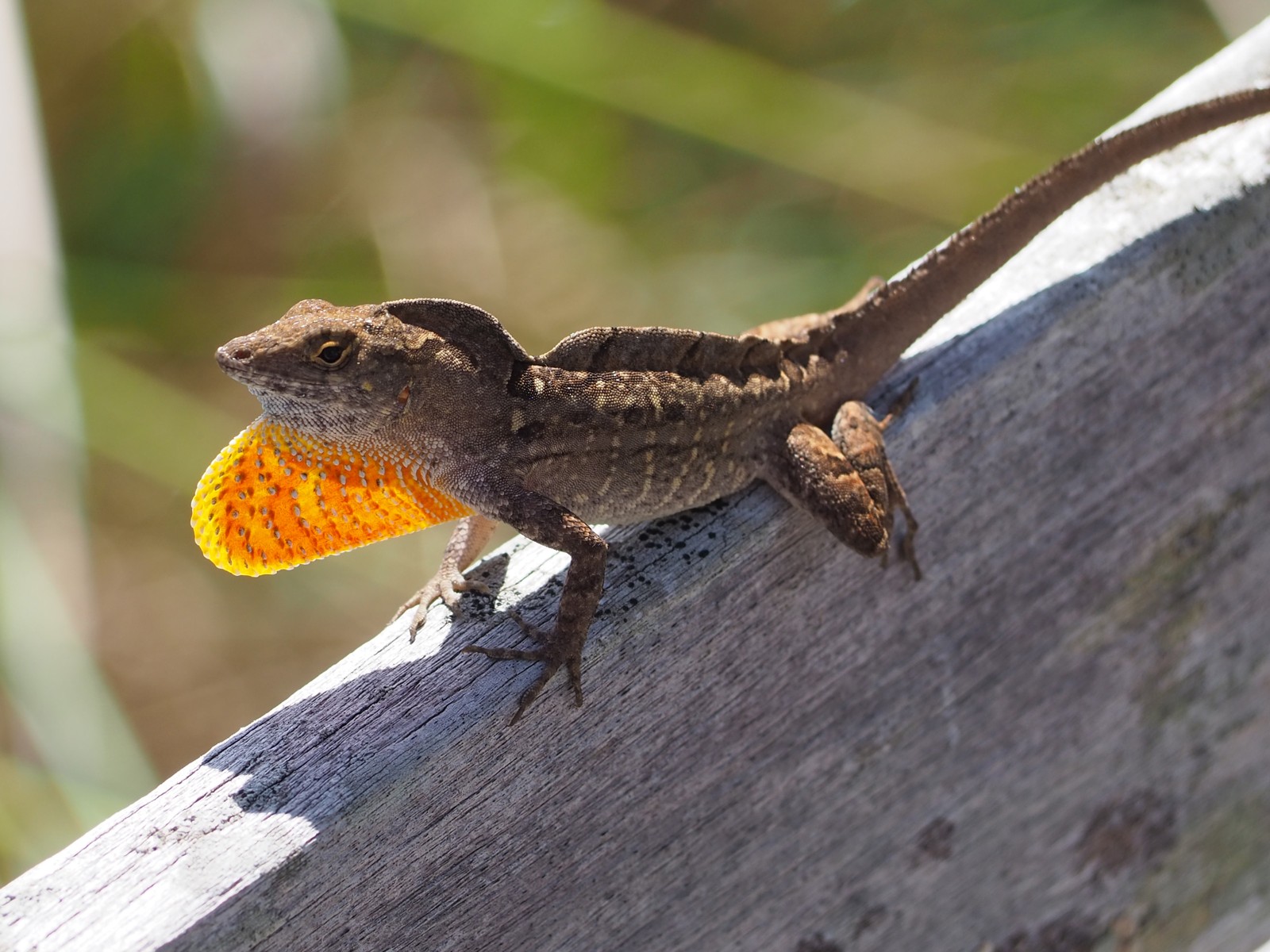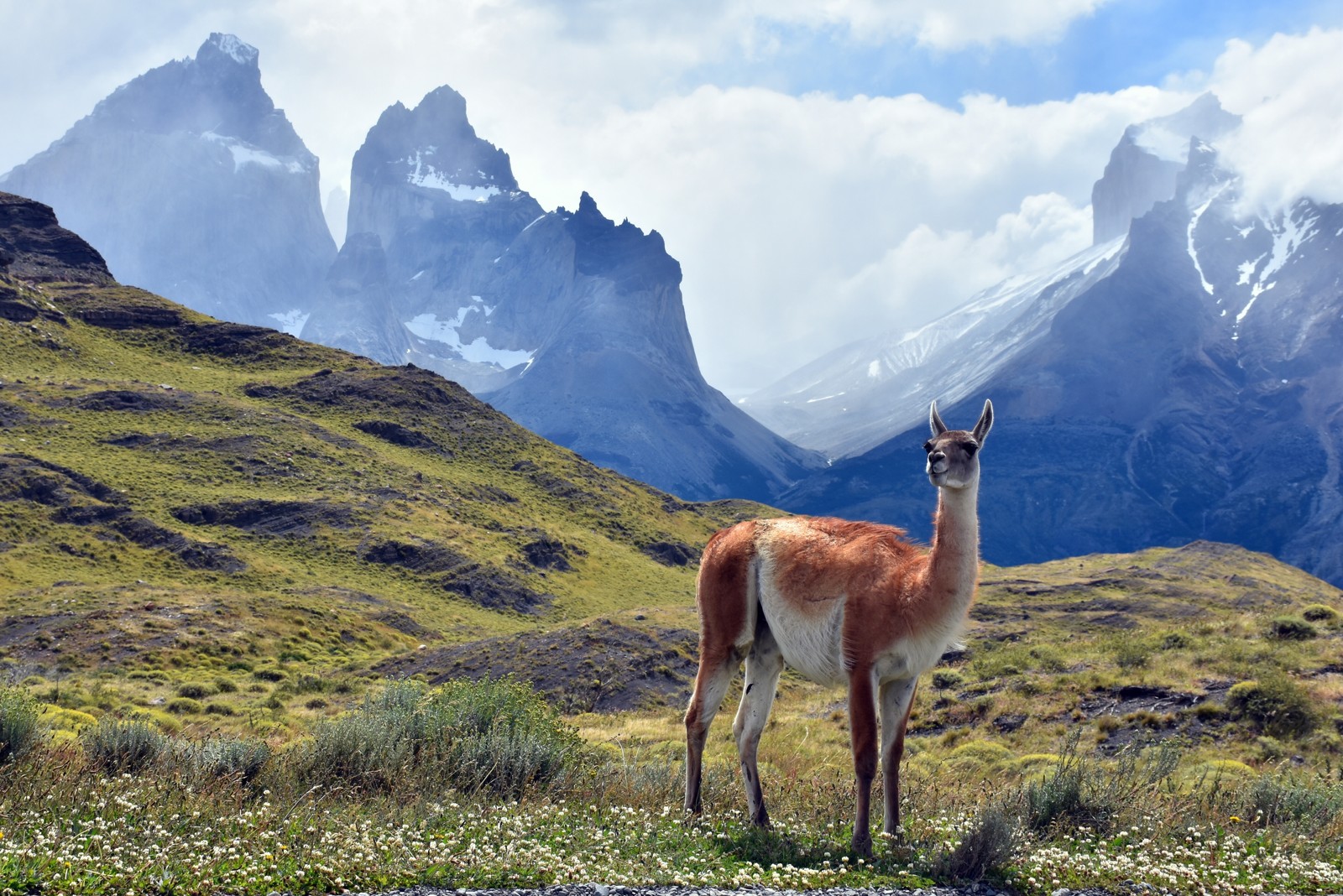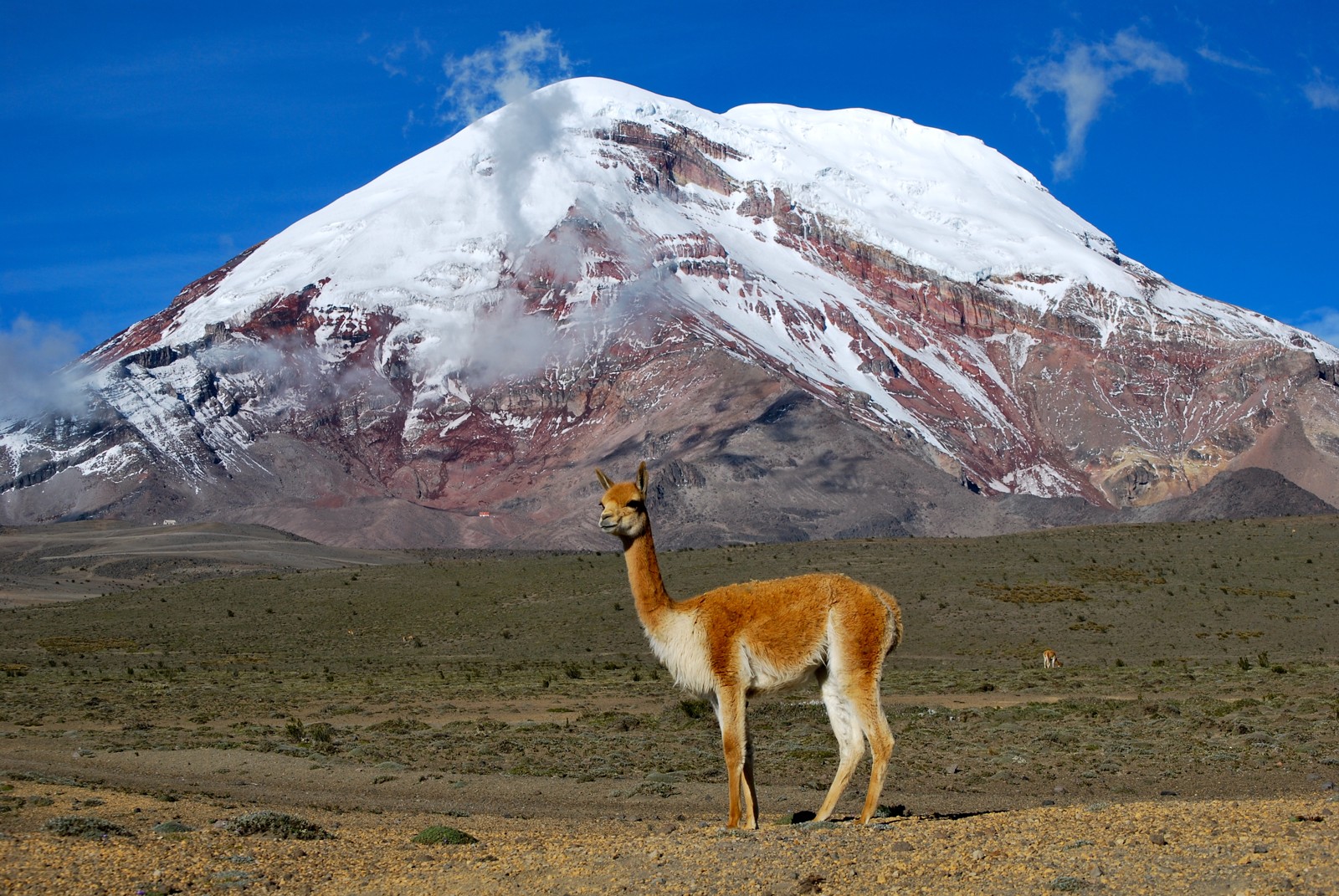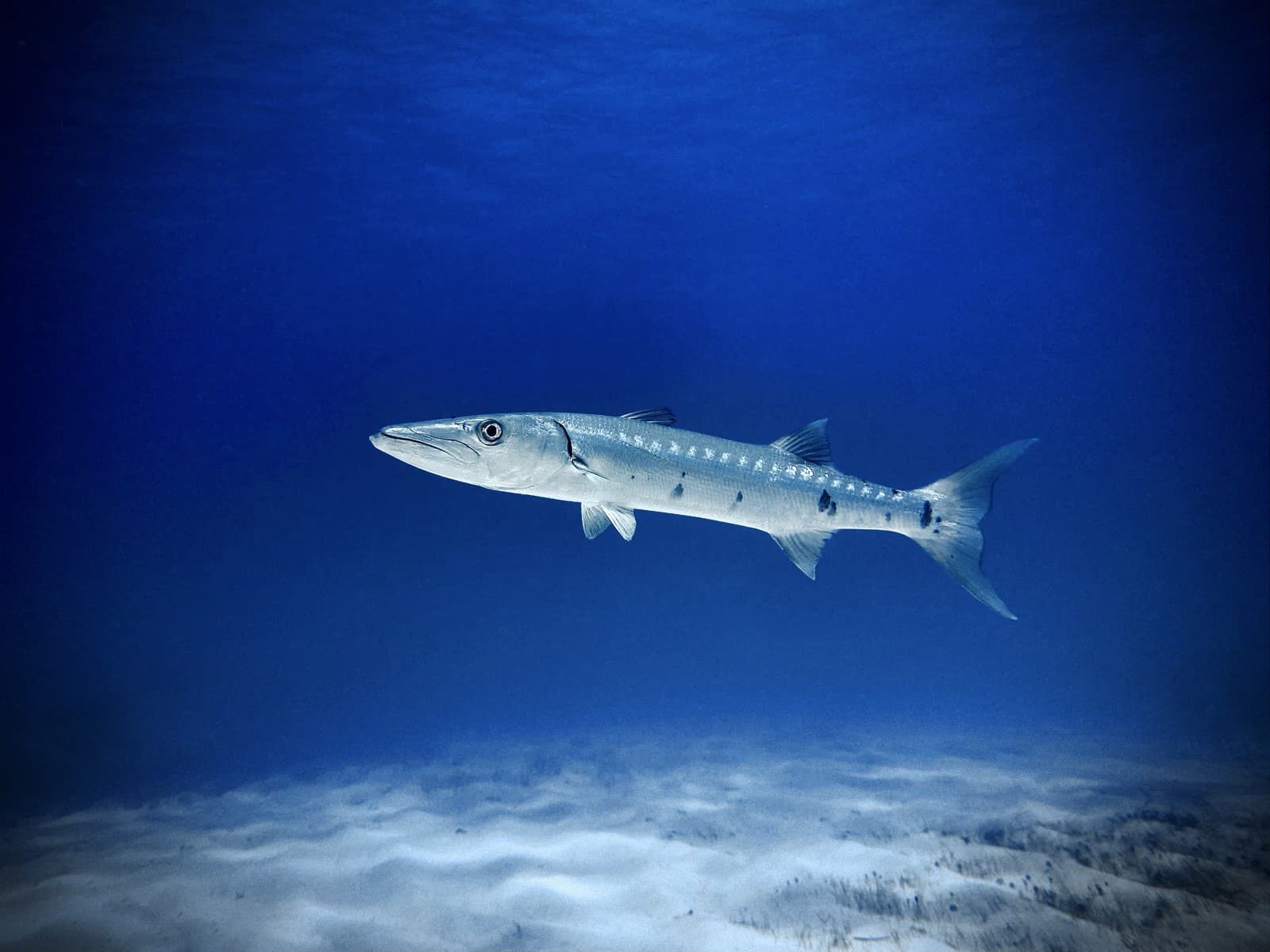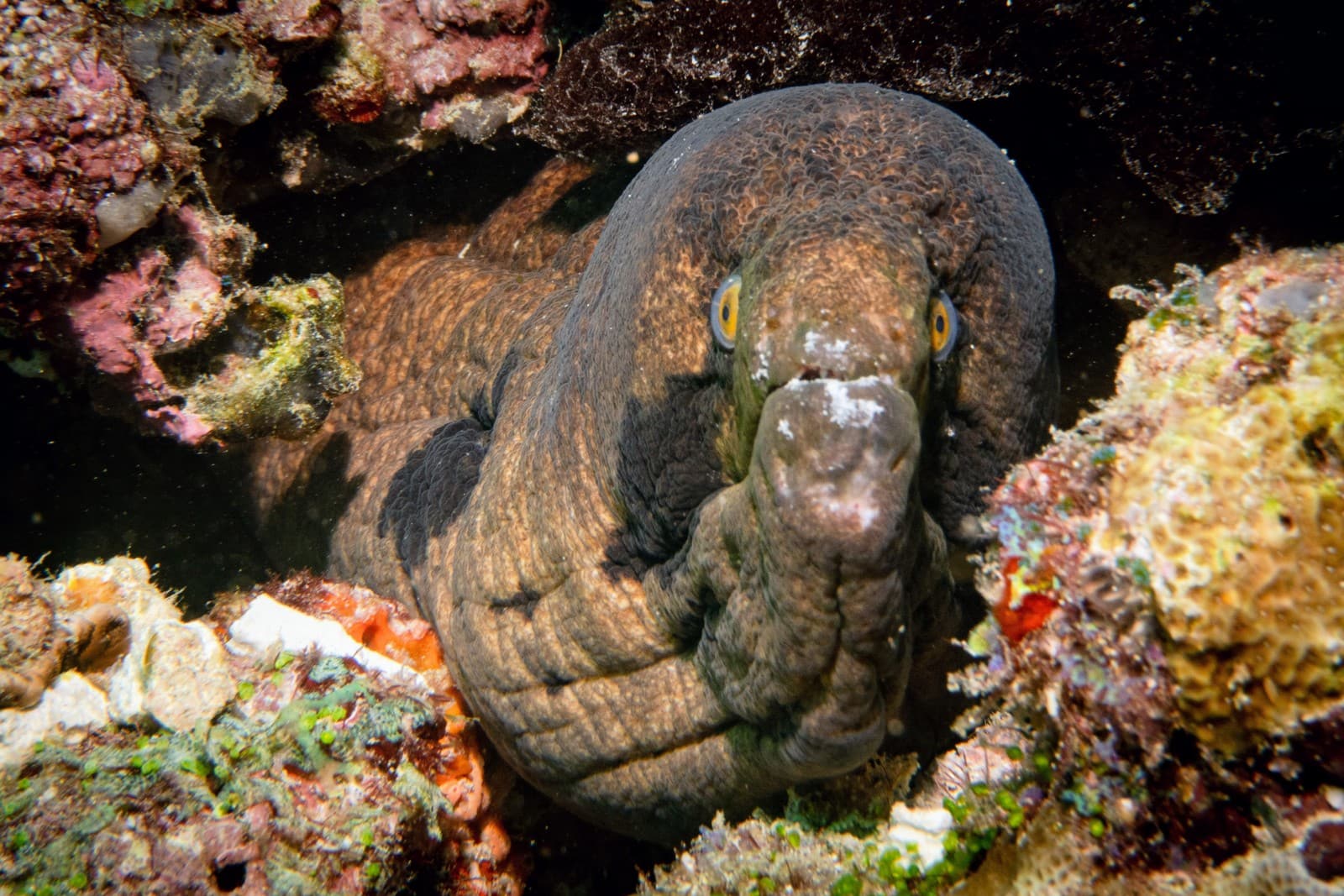Rabbit vs Guinea Pig: A Complete Comparison
When choosing between a rabbit vs guinea pig as a pet, understanding their distinct characteristics is crucial. Rabbits are generally larger, with adults weighing 2-20 pounds (0.9-9 kg) depending on breed, while guinea pigs typically reach 1.5-2.6 pounds (0.7-1.2 kg) at maturity. These popular small pets differ significantly in their care requirements, personalities, and living space needs.
Both animals make excellent companions, but their needs and behaviors vary considerably. Guinea pigs are known for their vocal social nature and requirement for vitamin C supplementation, while rabbits are typically quieter but need more space for exercise and jumping. The average lifespan also differs markedly: guinea pigs live 4-8 years, while rabbits can survive 8-12 years with proper care.
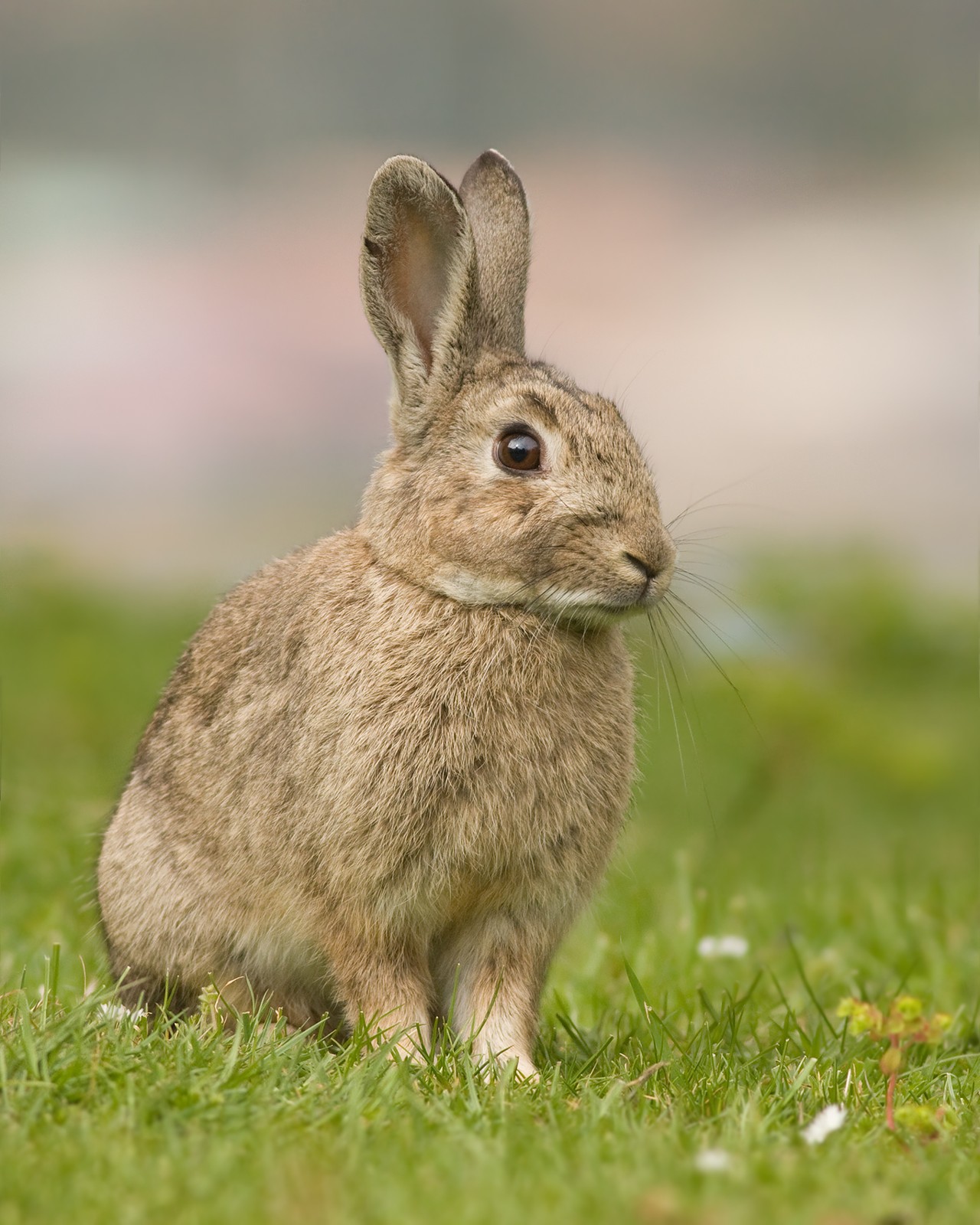
© JJ Harrison (https://www.jjharrison.com.au/) / CC BY-SA 3.0
Rabbits display remarkable agility and strength, capable of jumping up to four feet high. Their powerful hind legs and larger size make them more athletic than their guinea pig counterparts.
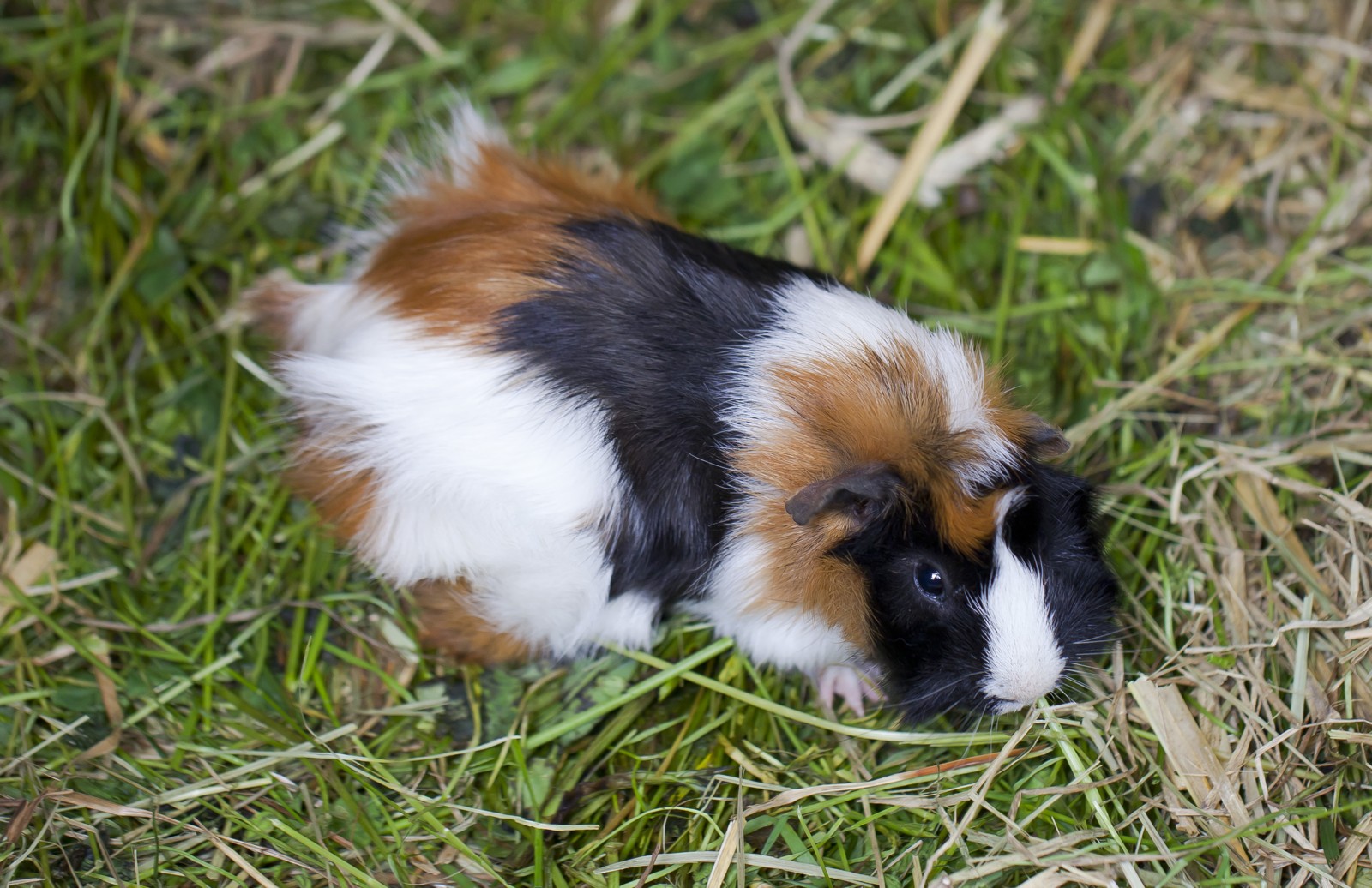
© Diego Delso / CC BY-SA 3.0
Guinea pigs are known for their gentle nature and social personalities. Their compact size and tendency to stay close to the ground make them ideal pets for those with limited space.
| Feature | Rabbit | Guinea Pig |
|---|---|---|
| Size | 2-20 lbs (0.9-9 kg) | 1.5-2.6 lbs (0.7-1.2 kg) |
| Lifespan | 8-12 years | 4-8 years |
| Space Needed | Minimum 12 sq ft (1.1 m²) | Minimum 7.5 sq ft (0.7 m²) |
| Diet Specifics | Hay, vegetables, limited pellets | Hay, vegetables, vitamin C supplement |
| Exercise Needs | 4+ hours daily | 2-4 hours daily |
| Social Requirements | Can live alone or paired | Must live in pairs or groups |
Housing Requirements
Rabbits require significantly more space than guinea pigs, needing a minimum enclosure size of 12 square feet (1.1 m²) plus additional exercise space. Their enclosures must be tall enough to allow standing on hind legs. Guinea pigs need at least 7.5 square feet (0.7 m²) for a pair, with single-level housing being sufficient as they don’t jump or climb extensively.
Diet and Nutrition
While both species primarily eat hay, their specific nutritional needs differ considerably. Guinea pigs require daily vitamin C supplementation as they cannot produce this essential nutrient naturally. Rabbits can synthesize their own vitamin C but need a carefully balanced diet of hay, fresh vegetables, and limited pellets to prevent obesity.
Social Needs and Behavior
Guinea pigs are highly social animals that must live in pairs or small groups to thrive. They communicate through various vocalizations, including whistling, purring, and chirping. Rabbits can live contentedly alone if given sufficient human interaction, though many benefit from rabbit companions. They communicate primarily through body language and are generally quieter than guinea pigs.
Health Considerations
Both species require regular veterinary care, but their health concerns differ:
-
Rabbits need:
- Spaying/neutering
- Regular dental checks
- Protection from heat stress
- Vaccination against certain diseases
-
Guinea pigs require:
- Daily vitamin C supplementation
- Regular nail trimming
- Monitoring for bladder stones
- Protection from drafts
Cost Comparison
Initial and ongoing costs vary between these pets:
-
Rabbit startup costs: $200-400
- Annual care: $600-800
- Higher veterinary costs
- Larger habitat investment
-
Guinea pig startup costs: $150-300
- Annual care: $400-600
- Lower veterinary costs
- More frequent bedding changes
Making the Choice
Choose a rabbit if you:
- Have more space available
- Can commit to a longer lifespan
- Want a more independent pet
- Are prepared for higher care costs
Choose a guinea pig if you:
- Have limited space
- Want a more vocal pet
- Can provide multiple animals
- Prefer a shorter commitment
Both rabbits and guinea pigs make wonderful companions when their specific needs are met. The choice between them often comes down to available space, time commitment, and personal preference for their unique characteristics.

